Driven by technological advancements, the field of dentistry has witnessed a transformation that was unimaginable just a few decades ago. From digital scanners to AI-assisted diagnoses and virtual consultations, new tools are reshaping patient care.
However, while these developments are promising, they also raise an important question: Is technology genuinely enhancing dental care, or are there downsides that must be considered?
The benefits of digital tools in dentistry are evident. Technologies such as digital impressions and 3D printing have made treatments faster and more comfortable, enabling services like same-day crowns.
AI-powered diagnostics can detect issues like caries and periodontal disease at an early stage, allowing for more accurate treatment and reducing the need for multiple visits, which is advantageous for both patients and practitioners.
Additionally, the rise of tele-dentistry has expanded access to dental care, particularly for those living in remote or underserved areas, by providing virtual consultations that can address concerns without requiring a trip to the dental clinic.
However, these technological advances come with challenges. The cost of high-tech equipment can be prohibitive for smaller practices, potentially creating a divide between those with access to state-of-the-art care and those without. There is also the risk of over-reliance on technology; while AI and digital tools offer valuable support, they cannot replace the expertise and clinical judgment of a skilled dentist. Technology should enhance, not overshadow, the human element of patient care.
Data privacy is another concern, as storing dental records online poses risks to sensitive patient information. With the widespread adoption of these technologies, dental education must evolve to keep pace.
Aspiring dentists will need to be proficient not only in traditional clinical skills but also in using the latest innovations. Striking the right balance between technological competence and hands-on patient care will be crucial for maintaining high standards in the field.
While technology holds the potential to significantly improve dental care, it is accompanied by unique challenges. To ensure it benefits both patients and practitioners, a cautious approach is necessary.
Karachi: Among the various factors influencing the choice of an academic career, one of the most important was the influence of mentors and role ...
What if a flat slat will bend into another object by just adding water or light to it? 4D printing is inducing growth in the industrial and the health ...
With over 15 years of technological advancement in dental communications, Sesame Mobile trademark remains the first to continue using mobile technology as a...
KARACHI: The congress chairman Dr Asif Niaz Arain, secretary Dr Ali Farhan and their team did a good job in organizing this mega event from PDA side and Mr....
Live webinar
Tue. 24 February 2026
11:00 pm PKT (Islamabad)
Prof. Dr. Markus B. Hürzeler
Live webinar
Wed. 25 February 2026
1:00 am PKT (Islamabad)
Prof. Dr. Marcel A. Wainwright DDS, PhD
Live webinar
Wed. 25 February 2026
9:00 pm PKT (Islamabad)
Prof. Dr. Daniel Edelhoff
Live webinar
Wed. 25 February 2026
11:00 pm PKT (Islamabad)
Live webinar
Thu. 26 February 2026
6:00 am PKT (Islamabad)
Live webinar
Tue. 3 March 2026
9:00 pm PKT (Islamabad)
Dr. Omar Lugo Cirujano Maxilofacial
Live webinar
Wed. 4 March 2026
6:00 am PKT (Islamabad)
Dr. Vasiliki Maseli DDS, MS, EdM



 Austria / Österreich
Austria / Österreich
 Bosnia and Herzegovina / Босна и Херцеговина
Bosnia and Herzegovina / Босна и Херцеговина
 Bulgaria / България
Bulgaria / България
 Croatia / Hrvatska
Croatia / Hrvatska
 Czech Republic & Slovakia / Česká republika & Slovensko
Czech Republic & Slovakia / Česká republika & Slovensko
 France / France
France / France
 Germany / Deutschland
Germany / Deutschland
 Greece / ΕΛΛΑΔΑ
Greece / ΕΛΛΑΔΑ
 Hungary / Hungary
Hungary / Hungary
 Italy / Italia
Italy / Italia
 Netherlands / Nederland
Netherlands / Nederland
 Nordic / Nordic
Nordic / Nordic
 Poland / Polska
Poland / Polska
 Portugal / Portugal
Portugal / Portugal
 Romania & Moldova / România & Moldova
Romania & Moldova / România & Moldova
 Slovenia / Slovenija
Slovenia / Slovenija
 Serbia & Montenegro / Србија и Црна Гора
Serbia & Montenegro / Србија и Црна Гора
 Spain / España
Spain / España
 Switzerland / Schweiz
Switzerland / Schweiz
 Turkey / Türkiye
Turkey / Türkiye
 UK & Ireland / UK & Ireland
UK & Ireland / UK & Ireland
 International / International
International / International
 Brazil / Brasil
Brazil / Brasil
 Canada / Canada
Canada / Canada
 Latin America / Latinoamérica
Latin America / Latinoamérica
 USA / USA
USA / USA
 China / 中国
China / 中国
 India / भारत गणराज्य
India / भारत गणराज्य
 Vietnam / Việt Nam
Vietnam / Việt Nam
 ASEAN / ASEAN
ASEAN / ASEAN
 Israel / מְדִינַת יִשְׂרָאֵל
Israel / מְדִינַת יִשְׂרָאֵל
 Algeria, Morocco & Tunisia / الجزائر والمغرب وتونس
Algeria, Morocco & Tunisia / الجزائر والمغرب وتونس
 Middle East / Middle East
Middle East / Middle East
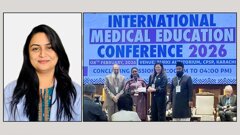
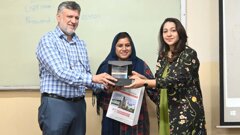

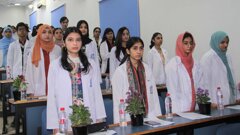























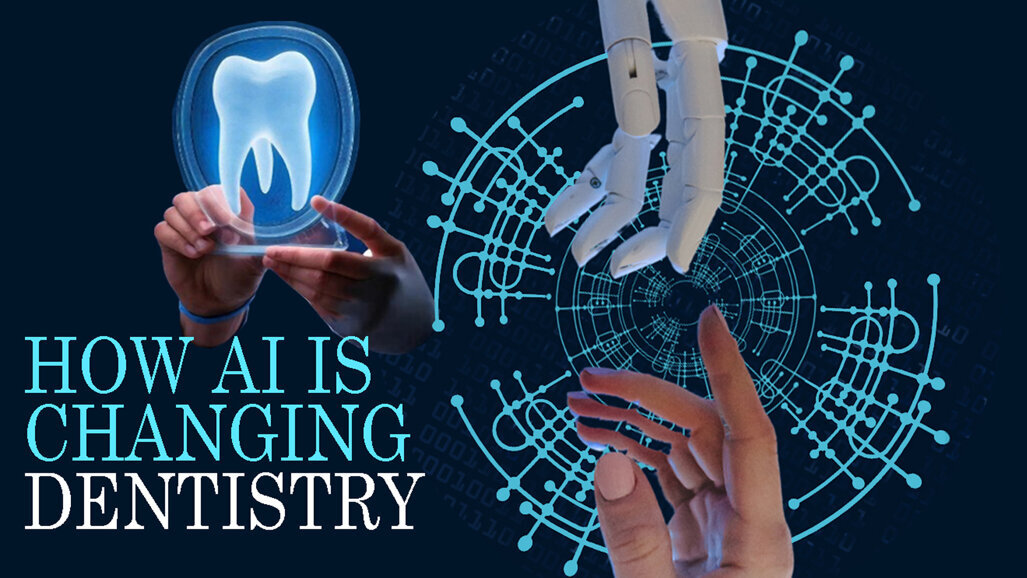




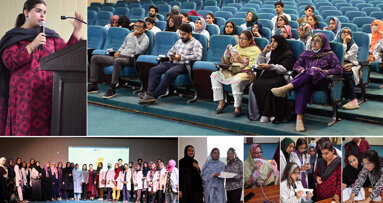

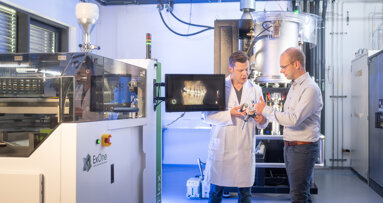
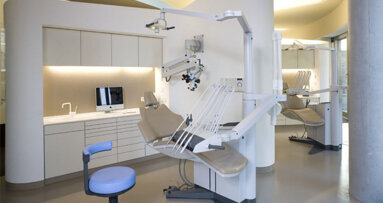
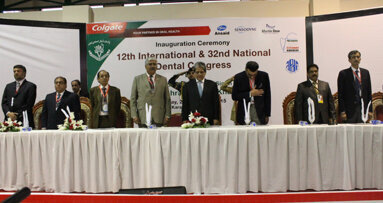
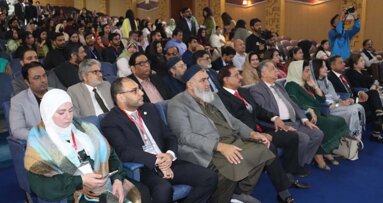

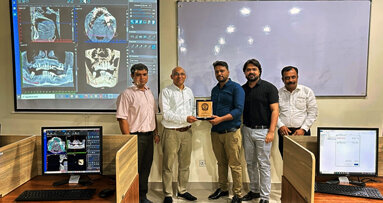
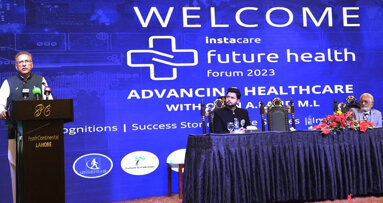
















To post a reply please login or register